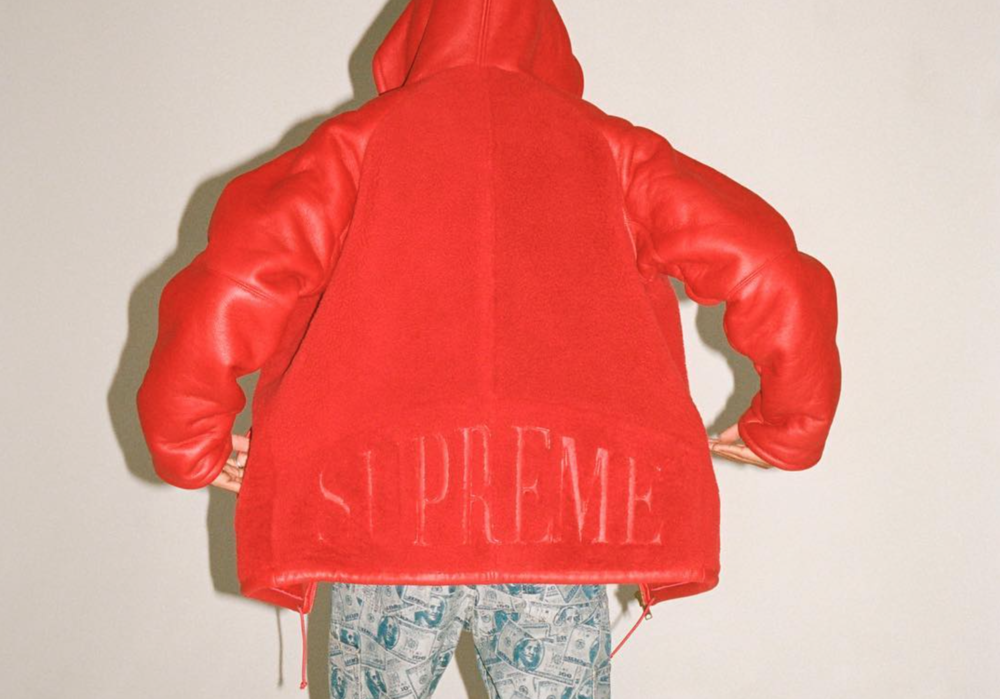A search of the Chinese Trademark Office’s database for the “Supreme” name is telling. It reveals nearly 1,500 applications for registration for the word Supreme and its famous box logo for use on clothing, accessories, leather goods, and the like. The vast majority of these applications were filed by Chinese individuals, such as Huang Wei Jia and Zhao Li Yang, and native commercial entities like UK&US BRANDS LIMITED and Globo Industrial(H.K.)Limited, and not by Chapter 4 Corp., the corporate entity of James Jebbia’s cult streetwear/skatewear brand, Supreme.
This camp of applications – ones unrelated to Supreme and filed without the brand’s authorization, almost certainly for the purpose of extracting payment from Chapter 4 or to piggyback on the well-established reputation and appeal of the famous streetwear brand – are precisely the ones that the National Intellectual Property Administration of China says it want to cut down on.
Five years after amending the Trademark Law of the People’s Republic of China to include a provision that requires trademark applications – and those with existing registrations – to abide by the principle of good faith, the National Intellectual Property Administration of China has issued “Several Provisions on Regulating the Application for Registration of Trademarks,” a draft regulation aimed to regulating abnormal trademark registration activities in China.
As IP Watch Dog stated last week, the draft, which was made public last month, “is the first attempt at providing a vetting system,” including provisions that will allow trademark examiners to conduct some assessments of new applications to identify whether they belong to an illegal filing pattern. The point? “To spot and reject fraudulent trademark applications by malicious squatters and punish bad actors and their trademark agents for such activity.”
IP Watch Dog’s Paolo Beconcini further noted that under China’s current trademark system, in accordance with which the first party to file an application for a trademark is generally awarded a registration for it, “There are few or no documents an applicant needs to file to prove its status or intention to use a mark in China.” With that in mind, it is not uncommon to see the Chinese Trademark Office (“CTMO”) allow ‘individuals with no businesses file hundreds of marks ‘[without providing] a copy of a business license or proof of business activities related to an intent to use” the trademarks at issue.
This system – which strongly favors native entities due to their easy access to the CTMO, paired with what China Law Blog calls “China’s laissez-faire attitude towards bad-faith trademark registrations” – has given rise to an industry all its own, one in which Chinese individuals rush to file trademark applications for the names and logos of Western brands with the CTMO long before those non-native brands do.
With trademark registrations in hand, these individuals then engage in trademark squatting (when the Chinese rightsholder holds the trademarks for ransom) or build out the brand in China. Apple, Hermès, Dior, Akris, New Balance, Supreme, Yeezy, and Phillip Lim are just a few of the brands that have fallen victim.
Considering the increasing number of trademarks applications that have been in recent years with the CTMO, a trend that is expected to continue throughout 2019 (particularly as the Chinese government pushes for innovation and creativity at home), and given the frequency with which Western brands fall victim to this scheme, the draft provisions are long overdue.











